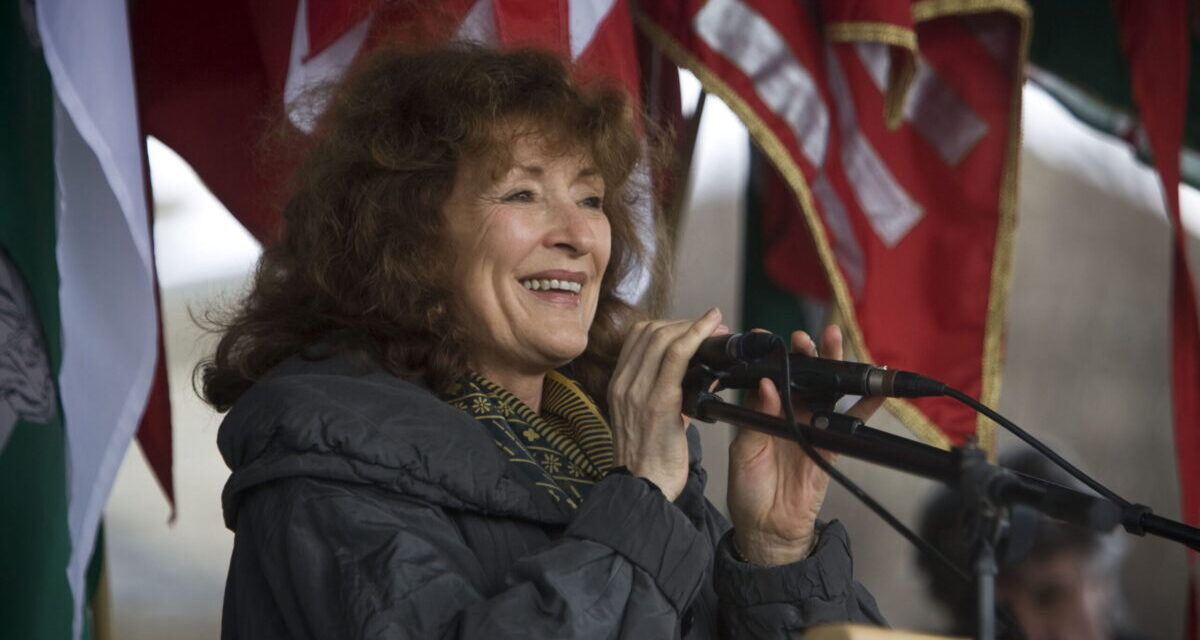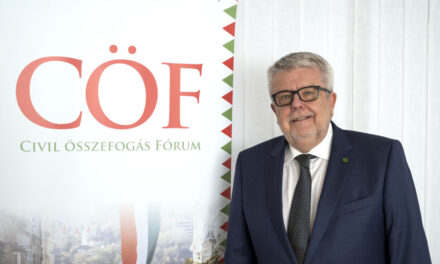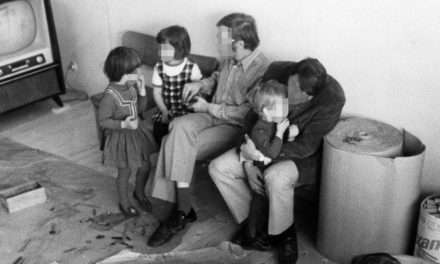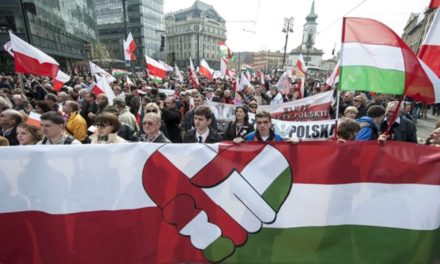And do we listen to them?
We all know very well that every age had and still has its own geniuses, sages, and distinguished thinkers who were and are smart and knowledgeable enough to help us navigate the mazes of the world and life.
We have many hundreds of years of experience - in written form - in our possession, but the big question is, do we listen to the wise? Or do we remember those who not so long ago projected, we can say, predicted everything that awaits us on the stage of history that shows an increasingly confusing picture? It seems to me that we didn't pay much attention to them and we pay attention to them. This simple statement came to me once and for all when I came across a few books by Jenő Gubás, an excellent doctor-writer and prominent public figure living in the Southern Region, in one of which he writes about the relationship between intellectuals and morality, entitled Waiting for Intellectuality .
Of course, primarily through the lens of the Hungarian minority living beyond our borders, it shows the problems that any other nation faces, but if we think of the areas inhabited by Hungarians, we can rather say that they affect the lives of any Hungarian people.
Jenő Gubás claims that the intelligentsia has a significant role in shaping the effects of the constantly - and at high speed - changing world on us, since this layer can set an example and influence political and social changes.
At the same time, he also warns that in the lives of the Hungarian intelligentsia forced outside our borders, the fate of the minority has caused deep injuries, which in many cases prevent moral behavior, conscious nationalism, courageous standing for the nation, but above all the necessity of unity. Therefore, unfortunately, not everyone understood the need for cooperation. I would argue with this statement only to the extent that the minority fate of the Hungarian intelligentsia forced outside our borders caused and still causes injuries to those living within the borders, including the occasional lack of moral behavior in relation to the separated parts of the nation. Of course, to a lesser extent than those living outside our borders.
The Hungarian intelligentsia probably also remembers well that at numerous conferences, and of course also in books, many people have said and described what they consider to be the task of the Hungarian intelligentsia. I'm hardly wrong when I say, not with much success.
If I wanted to be sufficiently poetic, the many thoughts to be considered did not really fall on fertile ground.
I myself think that this debate should always be kept alive at a high temperature, for example by giving help to a minister of culture who has just taken office. Unfortunately, this wall data can only be vaguely mentioned in a short newspaper article, but it should somehow be achieved that this "consultation" takes place. And not just as a privilege of the chosen ones. If only because the thoughts of excellent minds must be given space, and one must try very hard not to lose them in the darkness of oblivion. Enough of the smart ideas have already been lost, from the insights of the Tudors in agriculture to innovations in education, but most of them were received with wise silence by those to whom it was proposed for consideration. Oblivion came into play.
Well, Jenő Gubás considers the main task of the intelligentsia to be the success of the quality revolution. I remember that reading this sentence, many people ask, what does quality mean?
Well, I would recommend that anyone interested in the topic should read the mentioned book by Gubás. In any case, raising the standard of education and the school system, strengthening the attractiveness and moral support of the intelligentsia is absolutely necessary for the quality revolution to begin. And for this - over there in the South, and ideally in Hungary as well - it is necessary that the role of the intelligentsia be strengthened. More precisely, to listen to them. And not just for liblings.
It would be worthwhile and interesting to ask the Hungarian intelligentsia if any of their thoughts fell on fertile ground for me to be sufficiently poetic. I don't think the answer would be very encouraging.
I leave it up to the esteemed reader to determine whether the following insights - which are about the vocation of the Hungarian intelligentsia and come from renowned thinkers - have been realized? Because I am quoting from a book that was published in 1997 under the title The Vocation of Hungarian Intellectuals Edited by Árpád Fasang, and almost a hundred people wrote their thoughts on the profession of Hungarian intellectuals.
Well, I'll start with the editor's opinion: “Who is an intellectual? In my reading: the person who methodically observes, questions, searches, organizes, evaluates, searches for the truth and, if necessary, accepts suffering..."
Ethnographer Bertalan Andrásfalvy: "Today, the thinking and responsible intellectual is faced with the bad state of mind of the country's people. (…) I am referring to the well-known data according to which, in an international comparison, we are at the forefront of violent death, suicide, road accidents, cancer, cardiovascular diseases, incapacity for work caused by mental disorders and many other things that can be observed every day , indicating bad human relations in the area of trouble. The listed problems cannot be traced back to genetic, inherited causes, specific geographical location or insufficient education, but to general anxiety, the lack of small and large communities and human relations systems, the conscious discrediting and loss of self-esteem, historical and moral values. Not least for emotional lack of training. Emotional literacy can handle, tame, and process these challenges, that is, the emotions that destroy your nervous system. (…) All dictatorships want to arouse anxiety in people so that they can shape the anxious person for their own purposes. (…) The intelligentsia should be concerned with restoring the zest for life to the population of the country, which is in a serious economic situation, with the help of the blessings of culture."
Well, we could quote a lot from the many authors of the volume published twenty-six years ago, their great ideas prove it and "message" it, that it is worthwhile and necessary to hold a continuous debate about the role and profession of intellectuals, both with those outside and within our borders. Because this role is surely eternal. It must be eternal. Trusting and hoping that this will serve the quality of everyone who feels and knows why they should stand on the "intellectual's waiting list".
Even if you know it knowingly, the task is not easy. I couldn't stop myself from quoting Imre Makovecz's writings.
"I hear a lot about 'intellectuals', 'literates', 'social sensitivity'. I do not hear of life, of the sanctity of life, of trees, of spring, of the truth of the fallen man, of his pride, of his daily bread, and, I repeat, of his truth that cannot be forgotten, and of the day of truth that will come, must come. "
Makovecz formulated the profession of the intelligentsia in the most precise way.
Featured image: MTI Photo: Zsolt Szigetváry













